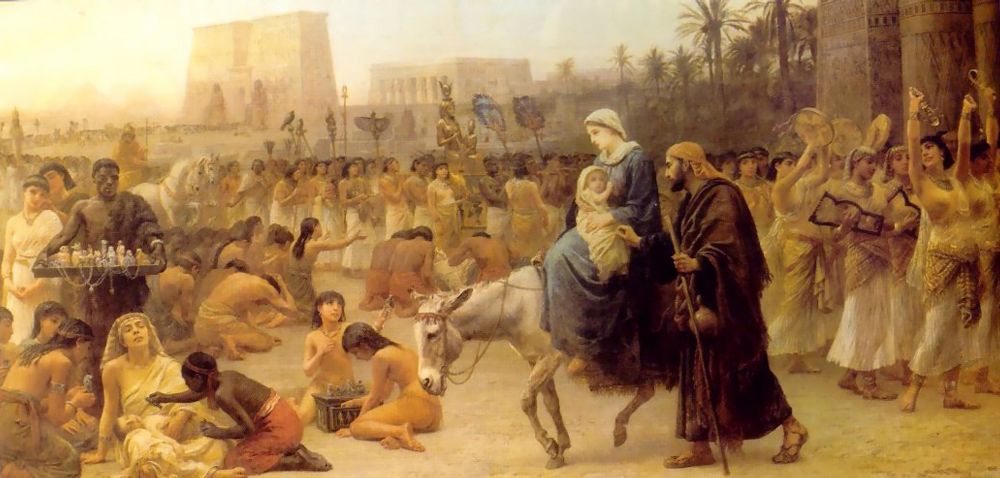Attending a men’s retreat with a focus on St. Joseph should not remind someone of an old war movie, but I am afraid that it is just how my tangled mind works.
There is the requisite scene in all these movies where the propaganda element of movie-making back then always seemed to unfurl the American diversity banner. There would be a rollcall and soldiers with ethnic looks right out of central casting would shout out names like “O’Brien, Dentino, Martinez, Washington, Sobjeko.” Of course, the leaders of these men and the stars of all these movies were almost always white Anglo-Saxon Protestants; but that is a topic for another article.
There must have been close to 100 men at the retreat, and we were as ethnically diverse as any make-believe Marine platoon on the Warner Brothers lot in the 1940s. There were other noteworthy identifiers for this more modern band of brothers. Professional types who wore suits at an office were kneeling before the Blessed Sacrament alongside, but socially distanced of course, guys who wore coveralls and got their hands dirty at their jobs. The demographic points of origins were also all over the map. I met guys older than me and guys a lot younger than me and learned guys traveled from East LA and Lancaster to this retreat in Sylmar.
I would also wager I was in a retreat next to men who had advanced academic credentials and men who were more than likely high school dropouts.
And there we were, all in this same place at this same time for a common purpose that vaporized whatever differences may have existed in our backgrounds and our life experiences. It was a real “e pluribus unum” moment, and I think I can speak for the group: We were all deeply linked spiritually, thanks to a saint who finally seems to be getting the attention he deserves.

I learned a lot about how little I knew about St. Joseph.
Hearing about the traditions surrounding St. Joseph bequeathed to us by the earliest Church Fathers presented quite a different and stronger appreciation of this role model of role models. He was so much more than some image of an elderly man, patiently helping Jesus with a saw in a carpenter’s shop. How many of us grew up in a devout Catholic home with one variation or the other of that theme hung on a wall next to the Blessed Mother or the Sacred Heart of Jesus?
Bishop Fulton Sheen spoke of the “old” St. Joseph as an attempt to make us feel more comfortable with Mary’s virginity status. But as Bishop Sheen believed, and what the Church Fathers taught, Joseph was a young man, and a man who, like Mary, had committed himself to God before any angel ever visited him in a dream.
This retreat taught me St. Joseph and the Blessed Mother were poor, less by an accident of circumstances, than from an act of will. They may not have come from wealthy families, but the Church Fathers suggest they came from respected and prominent ones. Their consecrated paths of self-denial, out of obedience to God, makes their sacrifice even more poignant when we consider they both had options for easier lives. If poverty were their natural state, they would have had the same dignity, but the sacrificial nature of their actions would have been less profound.
We pray to the “ever virgin” Blessed Mother at every Mass on the planet. That means St. Joseph was one as well and, as Bishop Sheen so beautifully and artfully explained, St. Joseph, being a young and virile man in every respect and yet, becomes a beacon of inspiration. If you think that makes him a toothless tiger, you try escaping from a homicidal maniac bent on murdering the child entrusted to your care.
One of the current catchphrases today is “toxic masculinity.” It has been coined by people, I believe, with a skewed view of what real masculinity and femininity are in the first place. As I shuddered before the Blessed Sacrament at this special retreat, doing an internal inventory of how short of the mark I have been from St. Joseph’s model, I had a sense of peace.
St. Joseph’s true masculine nature as protector, father, and husband is just the tonic for any faulty view of true masculinity, and I was joined by brothers in Christ taking that medicine.
St. Joseph, pray for us.

